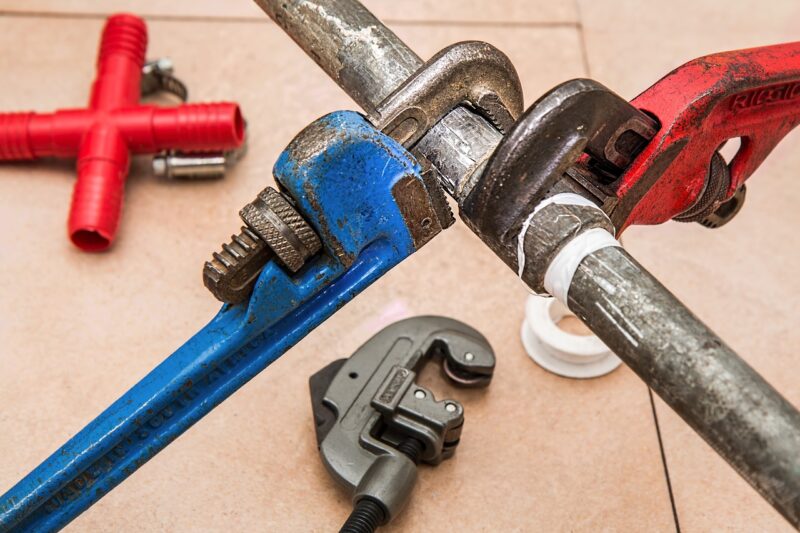The Best Tips for Diagnosing Common Car Problems and Finding Simple Fixes
November 13, 2024

Cars are an essential part of modern life, providing us with the freedom to travel and commute. However, they are not without their problems. This article aims to equip you with effective tips for diagnosing common car issues and finding straightforward solutions.
1. Understanding the Importance of Car Diagnosis
Before we delve into diagnosis, it’s essential to understand why diagnosing car problems is crucial. A breakdown can happen at any time. Identifying problems early can save money on repairs and extend the life of your vehicle. Let’s look into common symptoms and how to approach diagnosing them.
– Check Engine Light: This warning light can indicate various issues, from minor to severe. Always check the codes with an OBD-II scanner to pinpoint the exact problem.
– Unusual Noises: Strange sounds can signal various issues. For example, a grinding noise may indicate brake problems, while a rattling sound could point to loose components.
– Fluid Leaks: Spotting puddles under your vehicle can help in diagnosing issues. Different fluids have distinct colors, indicating their source; for example, red is usually transmission fluid, while green could be coolant.
2. Common Symptoms and Their Diagnosis
Knowing what symptoms to look for can make diagnosing car problems easier. Here are a few of the most common symptoms:
– Engine Overheating: If your temperature gauge rises, check your coolant levels, look for leaks, and inspect your radiator for blockages.
– Poor Fuel Economy: This could be due to various factors like tire pressure, dirty air filters, or failing fuel injectors. Start by checking tire pressure and replacing the air filter if it’s dirty.
– Starting Issues: If your car struggles to start, check the battery and connections. Consider that it might be time for a new battery or a starter issue.
3. Diagnosing Electrical Problems
Electrical issues can be particularly tricky. Here are ways to diagnose them:
– Dimming Lights: If your headlights dim when you’re accelerating, check the battery and alternator performance. A failing alternator could cause inconsistencies in energy delivery.
– Unresponsive Power Windows: If your power windows fail, check the fuse first. If the fuse is okay, investigate the window motor or wiring issues.
There are Multimeters that are useful for measuring voltage, which can help in diagnosing these electrical issues more accurately.
4. Engine Performance Issues and Fixes
If your car loses power, stalls, or struggles to accelerate, these could be signs of engine performance issues:
– Stalling: Causes could range from a dirty air filter to faulty spark plugs. Regular maintenance is critical; replace your air filter and spark plugs as part of your routine.
– Misfiring Engine: This can create a rough idling sensation. Check your ignition components, including spark plugs and coil packs.
5. Finding Simple Fixes
Once you’ve diagnosed the problem, it’s time to resolve it with straightforward fixes:
– Replace Filters and Fluids: Regularly replacing oil, transmission fluid, air filter, and fuel filter can prevent many issues from escalating.
– Tighten or Replace Belts: Inspect your drive belts for wear or looseness. Replace any worn belts to avoid overheating and engine failure.
– Battery Maintenance: Ensure battery terminals are clean and tight. If your battery is older than three years, consider having it tested.
Maintaining your battery can help avoid getting stranded due to battery failure.
6. When to Seek Professional Help
Sometimes, you may encounter problems that are beyond a simple fix. Here’s when it’s best to seek a mechanic’s assistance:
– If you’ve tried common fixes yet still encounter problems, professional diagnostics can offer insight.
– Issues involving the internal engine or complex electrical systems should be addressed by a professional technician to prevent further damage.
Conclusion
While diagnosing car problems can seem daunting, understanding common symptoms and employing straightforward fixes can enhance your vehicle’s maintenance. From checking warning lights to knowing when to visit a mechanic, these tips can save you money and improve your driving experience.
Stay proactive about maintaining your vehicle to prolong its life and performance.





